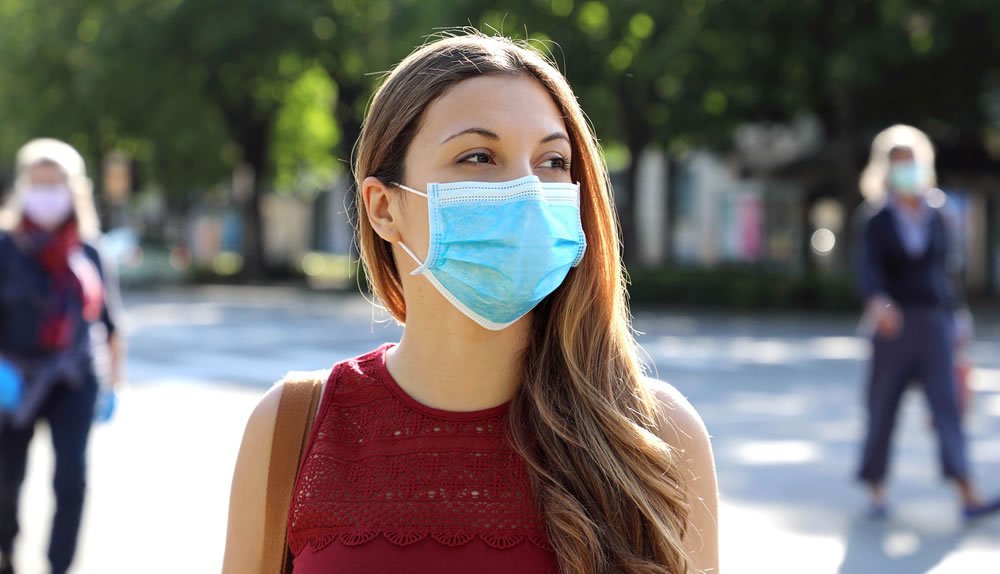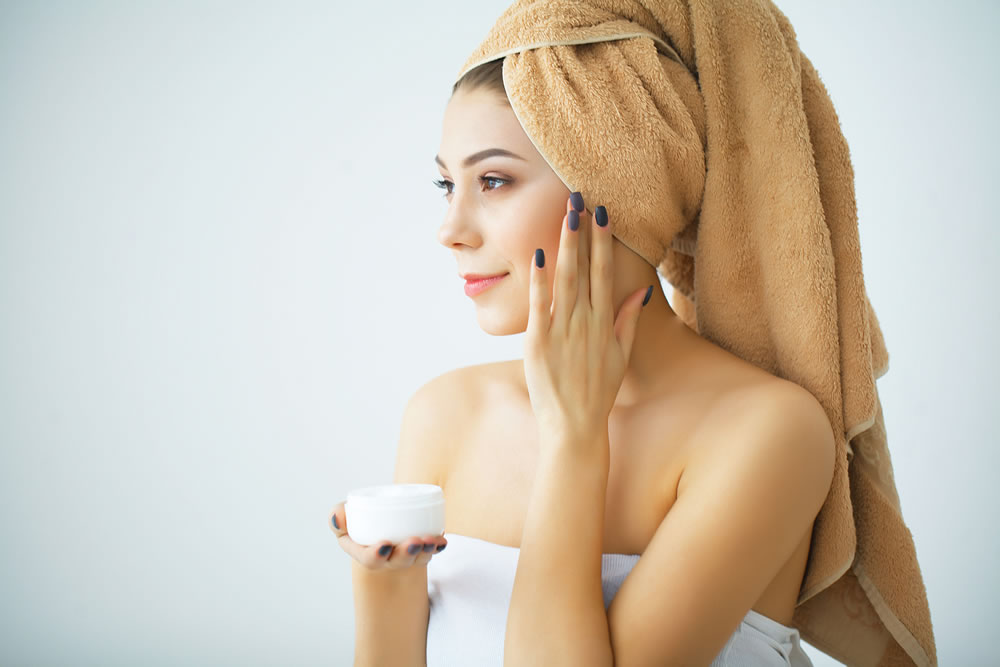There’s no denying that the past twelve months have been challenging, and if you’ve been finding yourself feeling stressed out due to all of the additional pressures that have come with the ongoing Covid-19 pandemic, then you’re certainly not alone.
But it’s not just our minds that bear the brunt of situations like these, after a long, cold winter your skin might be feeling the effects, too. Stress doesn’t just affect the way we feel, but can also have a number of different physical manifestations, too – from acne and breakouts to eczema and psoriasis.
Having to deal with skin issues on top of everything else can feel like just another issue to add to the list, especially when all of your expensive luxury lotions and potions don’t seem to be doing the trick – but the good news is that with a little care and attention, you can get yours back to its best in no time. We asked the experts at The Beauty of Eczema to explain more about the impact of stress on your skin and what you can do to help prevent it.
What factors can affect your skin?

Winter weather in particular can take a toll on the condition of your skin, dulling its glow and even resulting in dry or sensitive patches that can seem difficult to shift. Colder temperatures, together with central heating, can leave skin feeling parched, not to mention lack of sunlight and vitamin D that can make complexions appear dull and lifeless.
The pandemic, of course, has been a major cause of additional stress and anxiety for many of us over the last few months, and thanks to common coping mechanisms such as comfort eating, alcohol and scrolling through your phone, the effects have been exacerbated even further. In general, stress can cause both your physical and mental wellbeing to suffer in numerous different ways, and symptoms such as a flare-up of sensitive skin or breakouts are some of the things we see most often.
We have all experienced the effects of wearing face masks too, which can create a humid environment around your skin which doesn’t bode well for its all-round health. And failing to wash reusable masks regularly can mean that they harbour bacteria, which can further irritate the skin and cause redness.
How to recognise when you’re stressed

Stress can manifest itself in so many ways that it can sometimes be difficult to spot. Most of us are so used to running on autopilot that we don’t often stop to consider if we’re doing OK – especially when it seems that there is no other option. Signs to look out for include either an increased or decreased appetite, insomnia and feelings of irritability. If you’re finding yourself overwhelmed more easily by things you would normally take in your stride, then that’s another warning sign that shouldn’t be ignored. Teariness, tension headaches and excessive worry should also raise a red flag.
The causes of your stress could be anything from work, health or relationships to financial issues – or something else entirely. But given the present circumstances, it could well be a combination of several of these.
The good news is that stress can be prevented, and making a few simple changes to your life can alleviate many of the symptoms. It’s important to take time out for self care and to allow yourself to destress and decompress, whether it’s through exercise, a pamper session, a phone call with a friend or a good book.
How to prevent the impact of stress on your skin

Sometimes, stress is inevitable – but it’s how you deal with it that can make the biggest difference. Often, it can serve as a warning to us that something needs to change, even if it means paying more attention to yourself and your personal needs and implementing a healthier routine.
In times of stress, looking after your skin is more important than ever, and staying hydrated and moisturising daily can go a long way, as can following a balanced diet. Skincare that contains naturally derived ingredients such as plant butters, omegas 3 and 6 and prebiotics can all help to nourish and protect your skin, so take a look at your current skincare regime and see whether you can make some simple changes to better support your skin.
While you’re giving some extra TLC to your skin, don’t forget to take the time to understand what’s causing your stress in the first place, as this is essential when it comes to dealing with the effects – and ensuring that you can make positive changes that will protect you a little more in the future.
Stress is totally normal, but looking after yourself a little better will make the world of difference – so make some time for you, and be sure to always honour it.






















